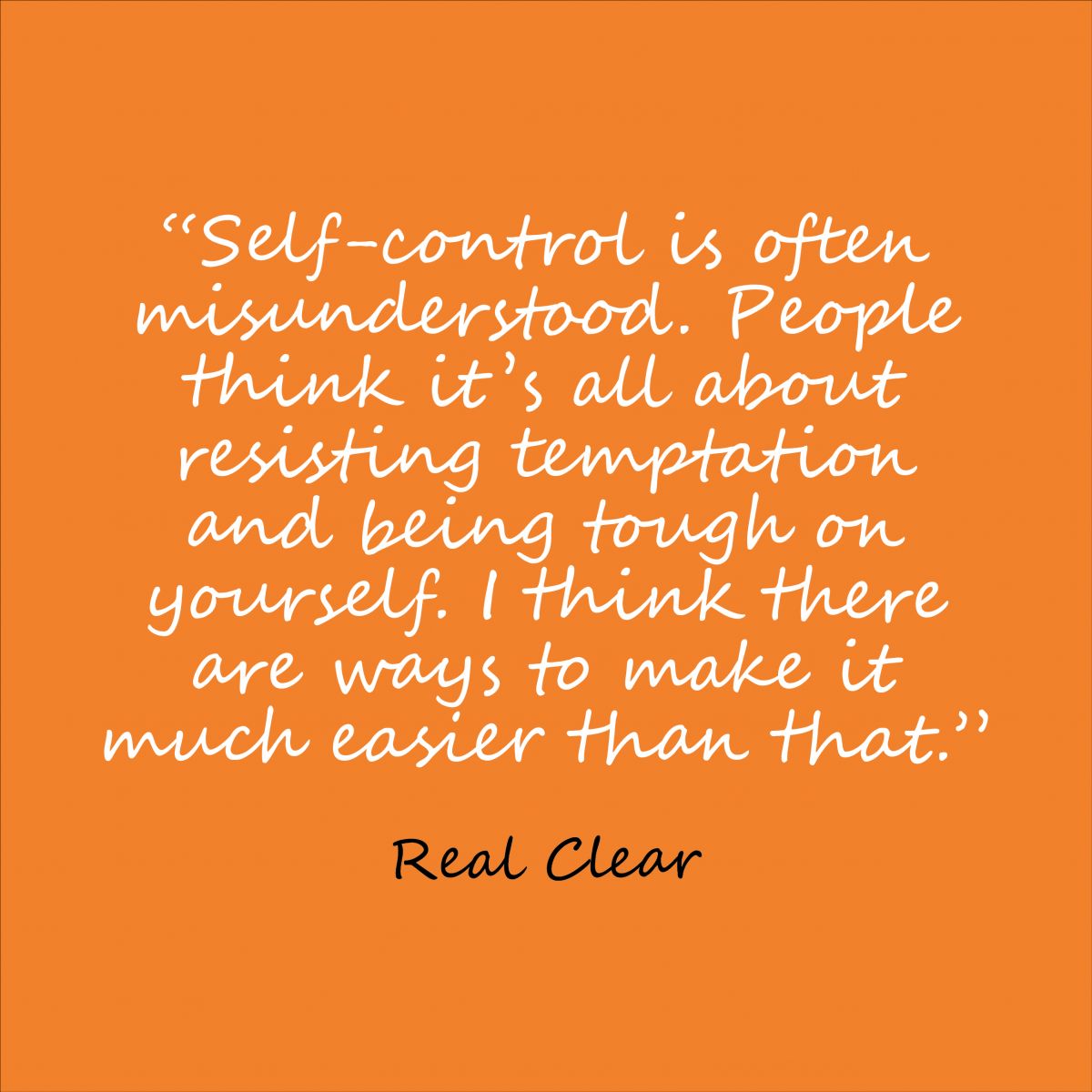Mental Fitness Mondays: Self Control; where there’s a will there’s a way?
Is it time to ‘take back control’… of your mental fitness?
It’s Mental Fitness Monday time and today it’s all about self-control.
This is one of my favourite mental fitness components and I think that's because when my self-control muscles are strong, I feel great! So, what are we talking about? It’s your ability to take control of your choices, habits and behaviour.
What many people don’t realise though, is that self-control is also about how you’re thinking. When I don’t practise good self-control, my thoughts can run riot, and the choices I make are often less good.
Ever overindulged?
Imagine it's been a busy day in the office… every time you've made a cuppa, you've reached into the biscuit tin and grabbed a handful. It's got to 4pm and you realise ‘I've had 37 biscuits today!’ Ok, I might be exaggerating a tad… but you get what I’m saying here. Most of us wouldn’t feel happy about that (I know I wouldn’t!) and yet it can happen so easily. If your self-control is working, you might only have a couple, or even no biscuits at all.
Stop! In the name of love
Self-control is what tells you when to stop. It’s also what encourages good behaviour. Your self-control would get you to plan ahead, for example by bringing healthy snacks to work instead of eating the biscuits.
Where there’s a will there’s a way?
Which is better? Using willpower or planning ahead?
The evidence is that planning ahead wins most of the time. (see: https://www.sciencenews.org/article/self-control-willpower-psychology) When we can pre-empt how we might feel and what we might need, we tend to make choices that are better. When we try to use willpower to exercise self-control, we often fail because willpower is like a muscle which can easily get tired. An example of planning ahead might be getting gym gear out ready to put on first thing in the morning. Other examples include writing a shopping list and having a budget.
What were you thinking?
But as I’ve said, self-control is also about our thoughts. For me, it’s the strength to recognise when my thoughts are not healthy or useful. It’s being able to stop and shift into a more positive or helpful way of thinking. This doesn’t mean ignoring a problem or trying to dismiss my feelings, it means stopping myself from ruminating and magnifying problems.
Imagine a large, unexpected bill has been sent to you. It would be natural to have a bit of a worry about that. You probably wouldn't want to ignore the bill or pretend everything was ok. I think you’d probably want to figure out how to pay it, contest it, or get support. That would be helpful and productive thinking. Where self-control would need to come in would be if you were imagining the worst, or beating yourself up for ending up with the large bill. This is unhelpful thinking, so self-control would need to kick in to say ‘Stop. It’s ok to be angry, it’s ok to worry for a bit, but let’s stay calm and make a plan.’ Self-control is not about denying feelings – it's about recognising what your thoughts are doing to you so you can steer them in ways that are more helpful.
How's your self-control? I find that sometimes, mine lets me down, but when it works it’s so effective, which is why this is one of my favourite things to work on. I set myself little challenges that help to build up my self-control.
A coaching question to get you thinking: How will you exercise good self-control today?

